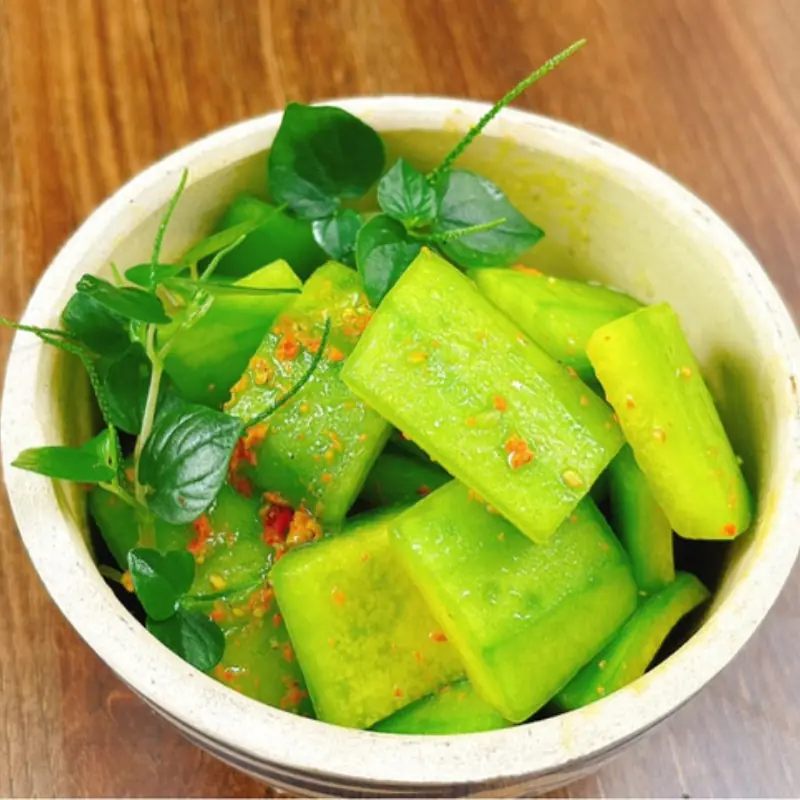
4 Kitchen Foods You Think Never Expire—But It’s Time to Toss Them Out!
4 Kitchen Foods You Think Never Expire—But It’s Time to Toss Them Out!
In daily life, many people mistakenly believe that some foods can be stored “forever.” But that’s far from true.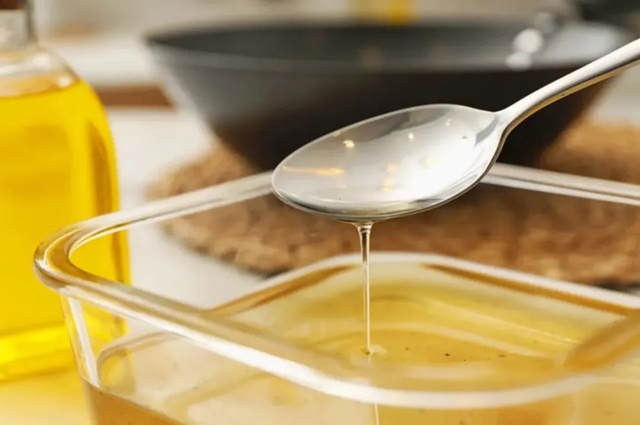
Below are 4 common kitchen foods—take a look and see how long they’ve been sitting in your pantry. If they’re past their prime, it’s best to throw them away. Don’t risk your health just to save a little money.
1. Canned Food
Many believe canned food is a kind of “doomsday survival food” that lasts indefinitely. Some bloggers have even eaten canned goods from the 19th century. However, in reality, most canned foods have a shelf life of only 2–3 years.
Even if the can appears fine on the outside (not bulging, not leaking), the internal metal seams may have corroded, allowing rust to seep into the food. This is especially risky with canned meats and processed items. Improper storage can shorten their shelf life even more.
2. Cooking Oil
To save money, many people buy large bottles of cooking oil. But once opened, oil oxidizes easily—especially if stored near the stove where it’s exposed to heat.
Within 1–2 months of opening, the nutritional value drops significantly and harmful compounds can form. Lab tests show that peroxide values (oxidation indicators) can exceed safe levels after just a couple of months.
Tips to store cooking oil better:
-
Buy small bottles and use them within 1–2 months.
-
Store in a cool, dark, airtight place.
-
Avoid prolonged contact with metal.
-
Best to transfer to dark glass bottles in small portions.
-
Clean oil containers regularly to prevent old oil from spoiling fresh oil.
-
Never top up new oil into leftover old oil.
3. Dried Spices (Cinnamon, Star Anise, Pepper, Cardamom…)
Whole dried spices can last over 2 years—but only if kept away from light and moisture. Otherwise, they can grow mold, change color, release oils, lose flavor, and even become toxic.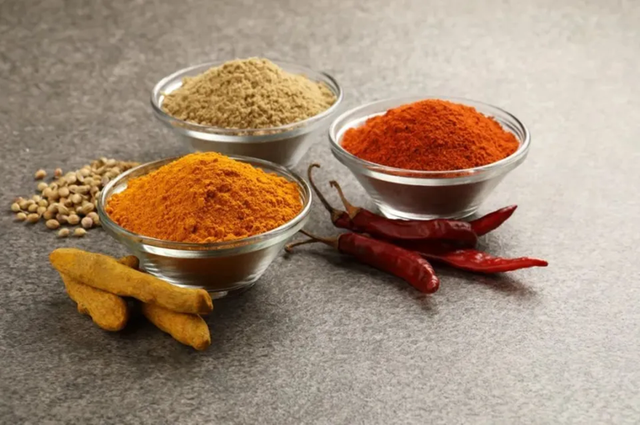
Ground spices have a much shorter shelf life, especially those high in essential oils. After opening, use within 6–12 months, and store in airtight containers in a cool, dry place. If they start clumping, smell odd, or show signs of mold, discard immediately.
4. Dried Foods (Wood Ear Mushrooms, Shiitake, Sausages, Dried Veggies…)
Even dried foods—like mushrooms, snow fungus, dried vegetables, sausages, or jerky—can’t last forever. They still contain some moisture (dried mushrooms ~10–20%, sausages ~30%), so under the right temperature and humidity, they can mold, spoil, or become infested with insect eggs.
Old dried foods can also harbor bacteria or pests. So even if it’s “dry,” aim to consume within a short period and avoid long exposure to air.
Common Misconceptions About Expiry Dates
-
Only packaged foods have expiry dates. Foods sold by weight or without packaging aren't required to have labels, which leads many to wrongly assume they’ll last longer.
-
Expiry dates are only valid if the package is unopened. Once opened, the food is no longer stored under the conditions indicated on the label, and the printed expiry date may no longer be reliable.
-
Poor storage conditions—like exposure to heat, humidity, or light—can cause food to spoil before its printed expiration date.
Bottom line: Even “long-lasting” kitchen staples aren’t immune to spoilage. Check your pantry regularly, and when in doubt—throw it out!
News in the same category


This Vegetable Is Known in China as a ‘Liver-Boosting Remedy’
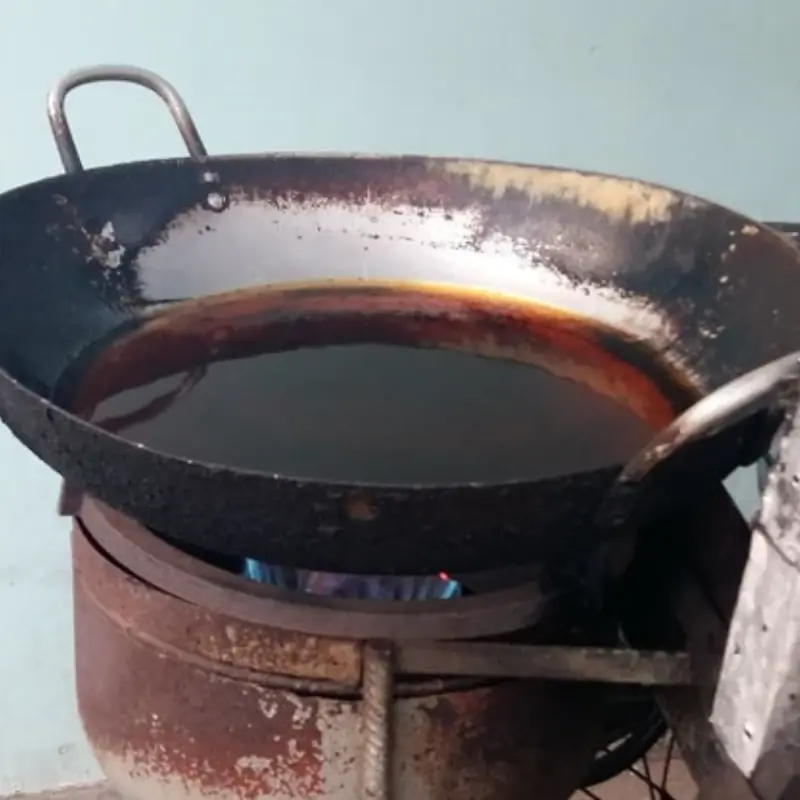
These 3 Cooking Oils Could Trigger Cancer Cell Growth and Damage Your Organs
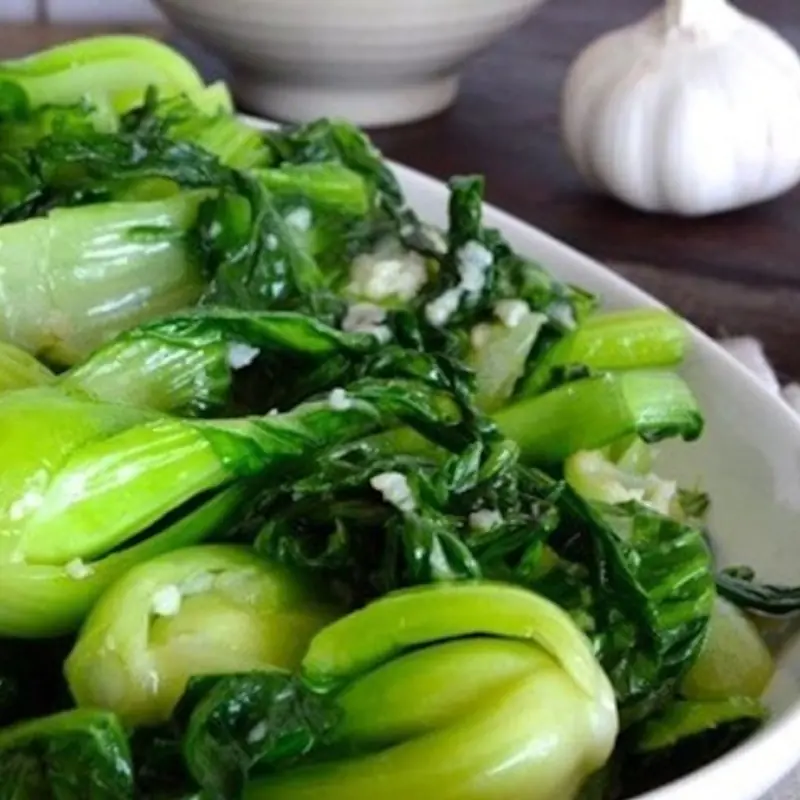
Warning: 4 Types of Food You Should Never Reheat
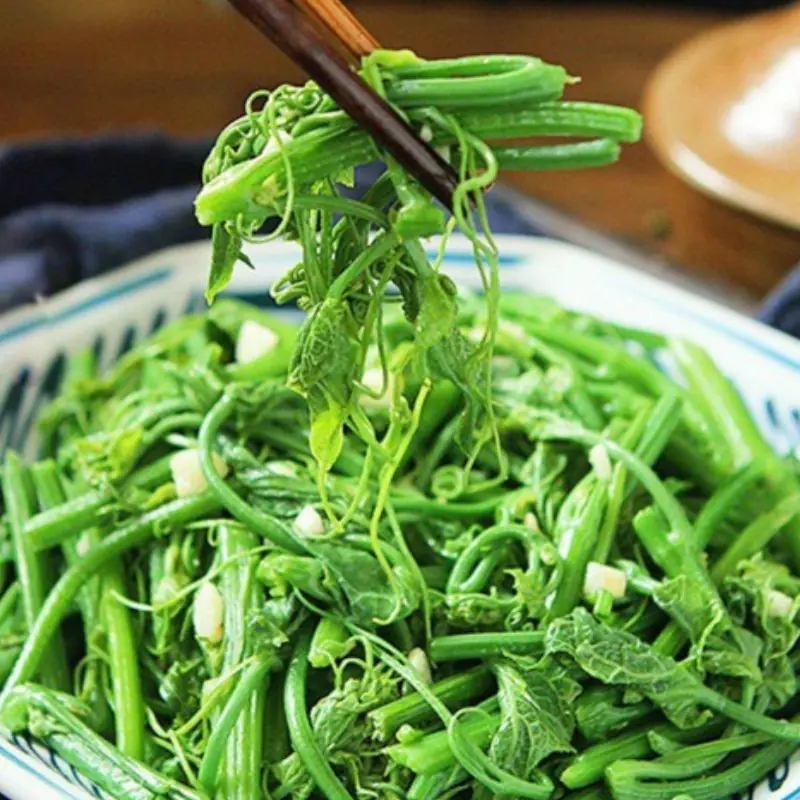
There’s a Vegetable Richer in Iron Than Beef
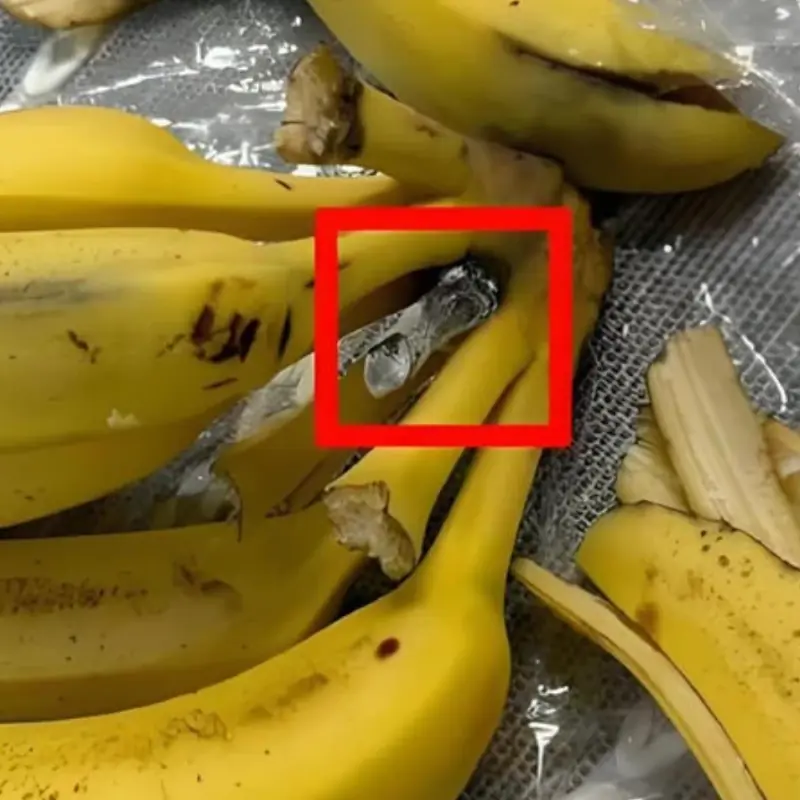
If You See These 4 Types, Walk Away Immediately No Hesitation

US approves 'guided missile' drug to treat lung c.a.n.cer

When I discovered the truth, I was left speechless and heartbroken
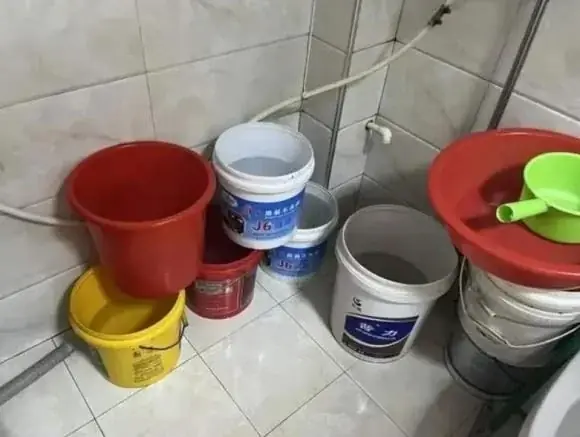
Why You Should Never Use Wastewater to Flush the Toilet
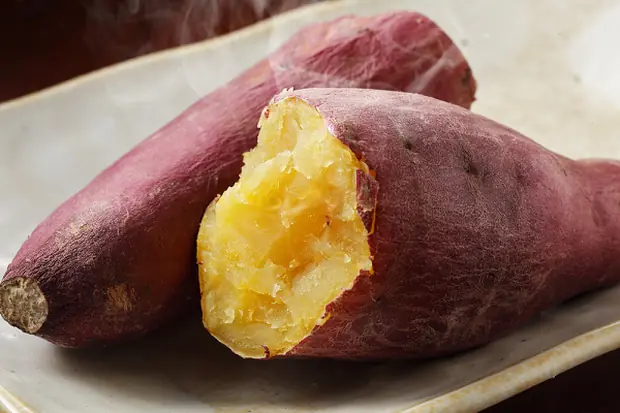
There Are Two "Golden Times" in the Day to Eat Sweet Potatoes
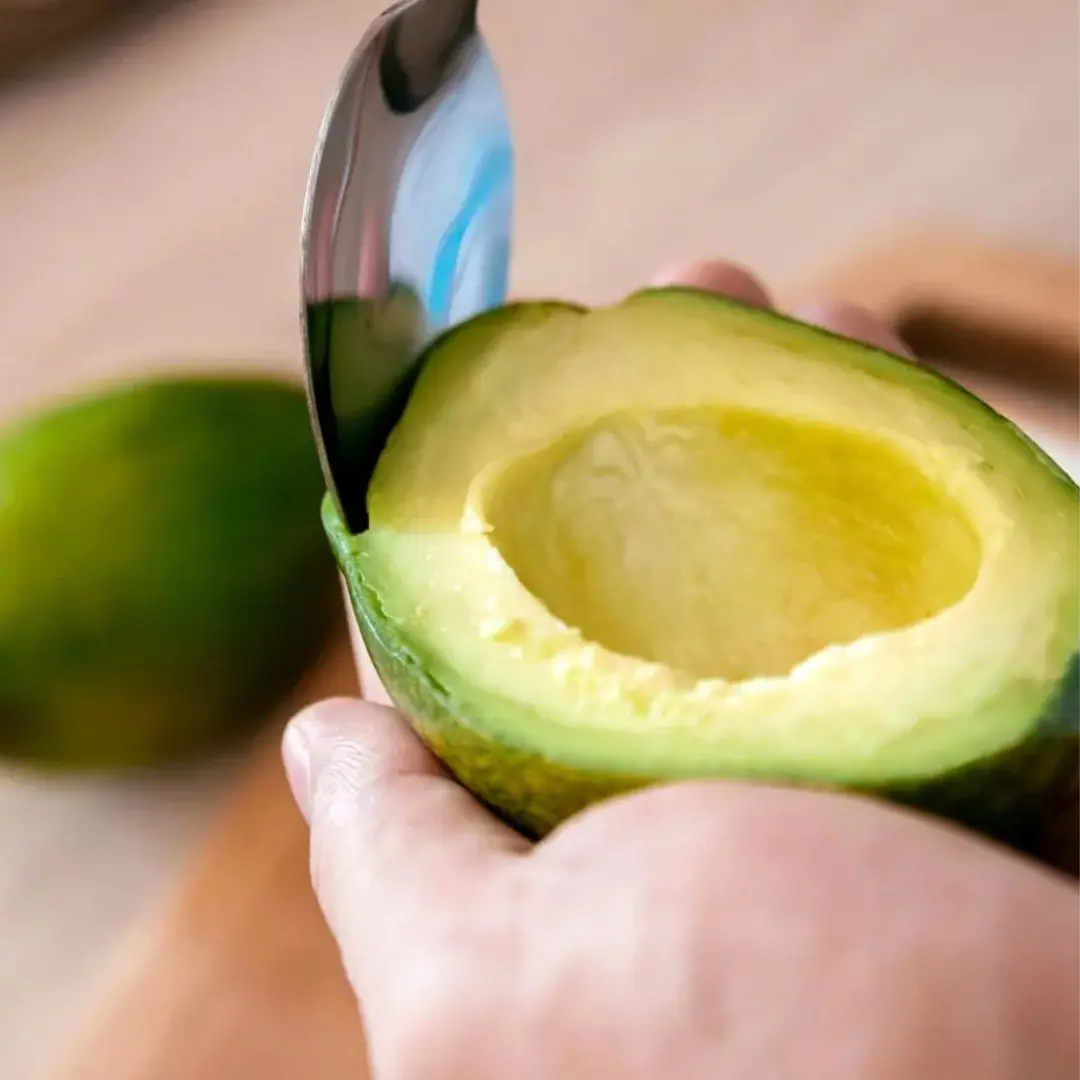
Why you should NEVER eat more than half an avocado in a single day
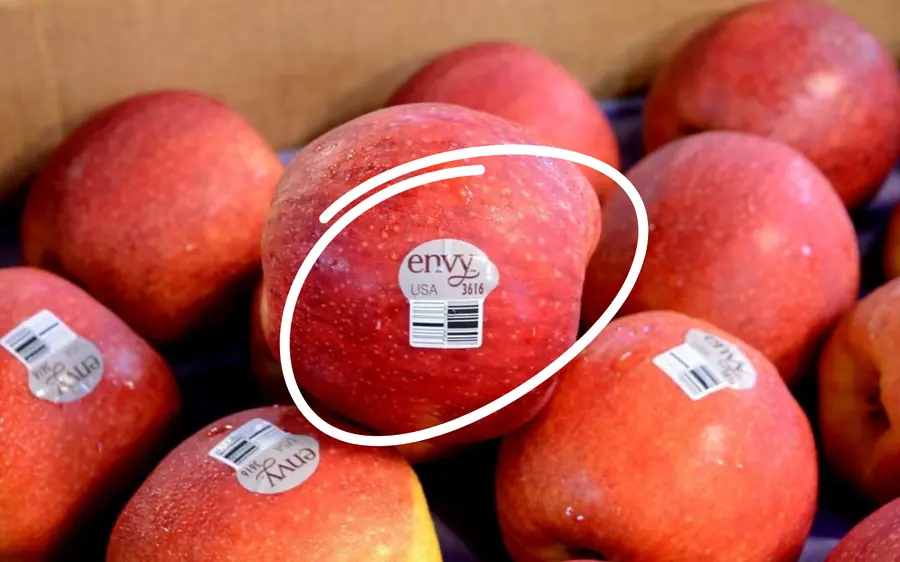
The “Strange” Number on Imported Fruit Stickers
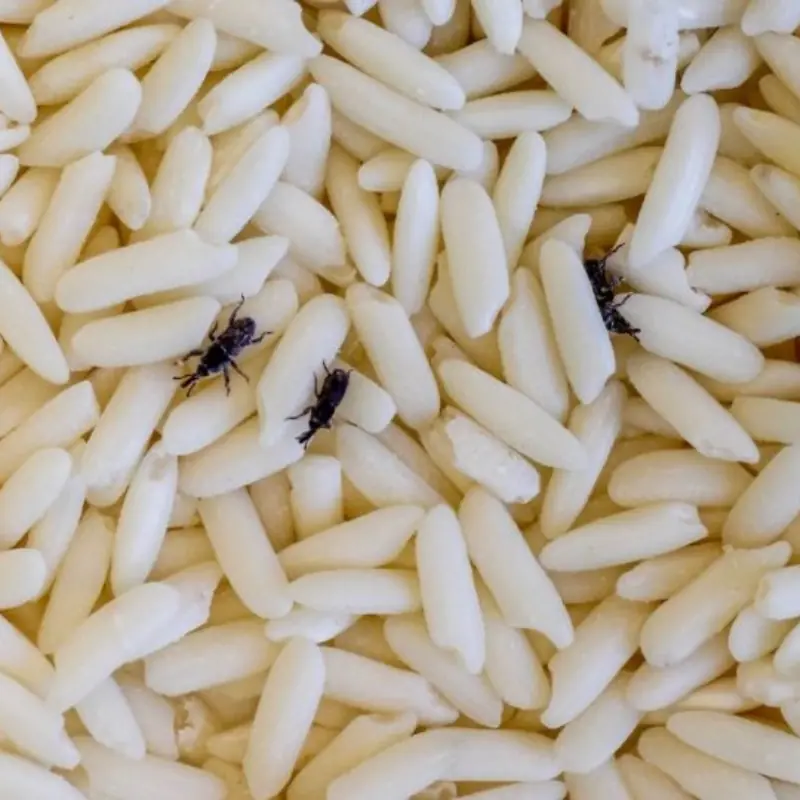
Rice Often Gets Infested with Weevils
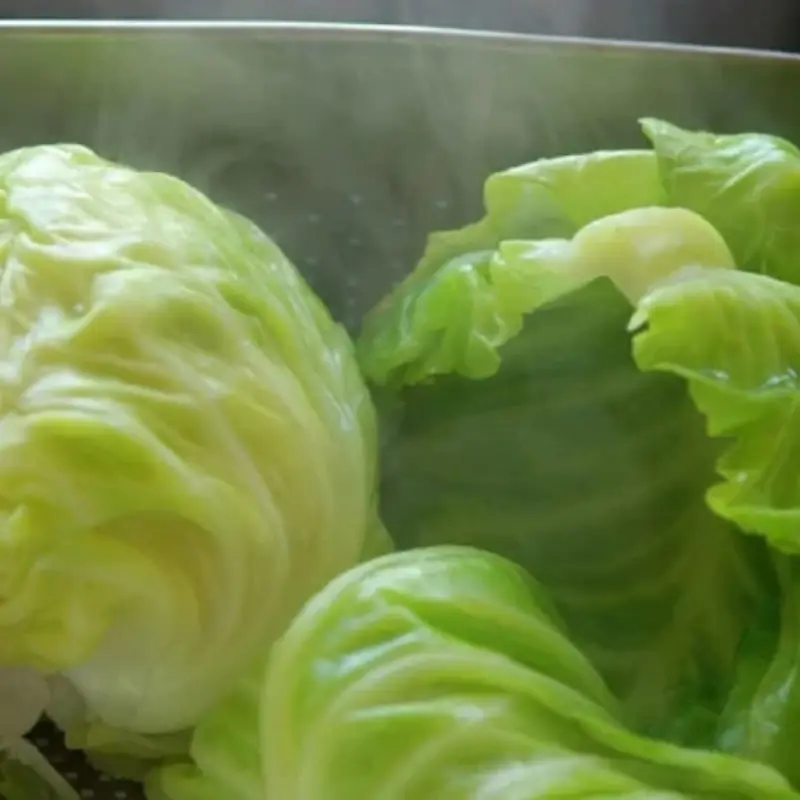
The So-Called "King of Chemical-Laden Veggies"
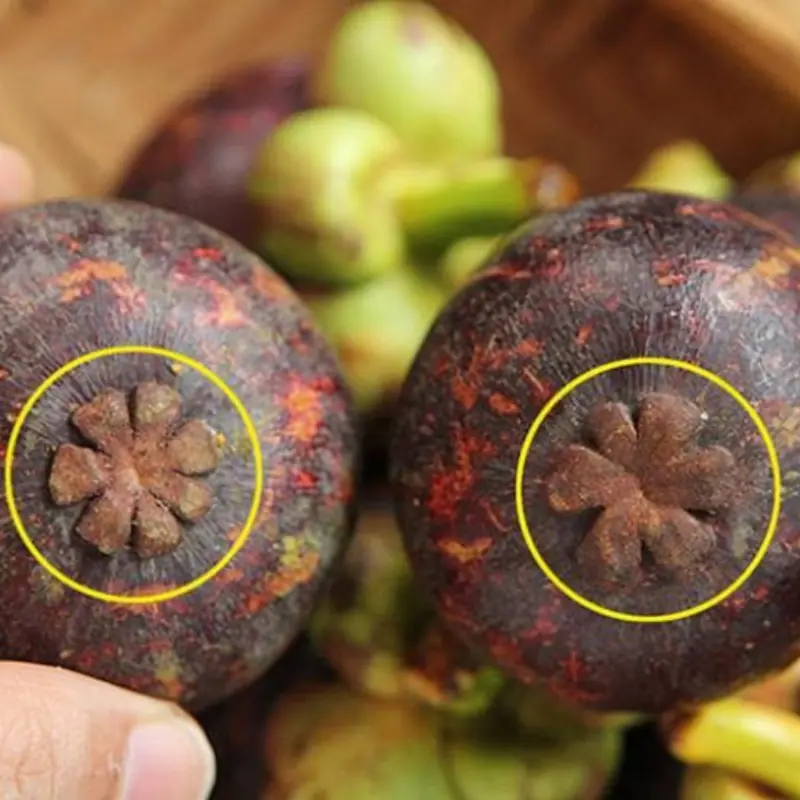
4 Quick Tips to Instantly Spot Sweet
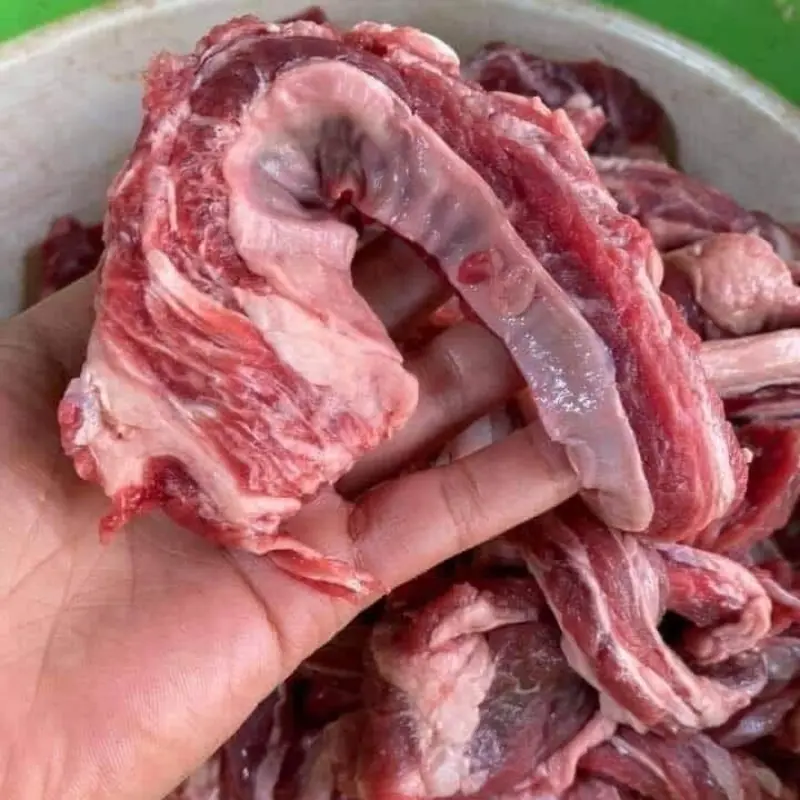
The Tastiest Part of the Pig: Once Overlooked
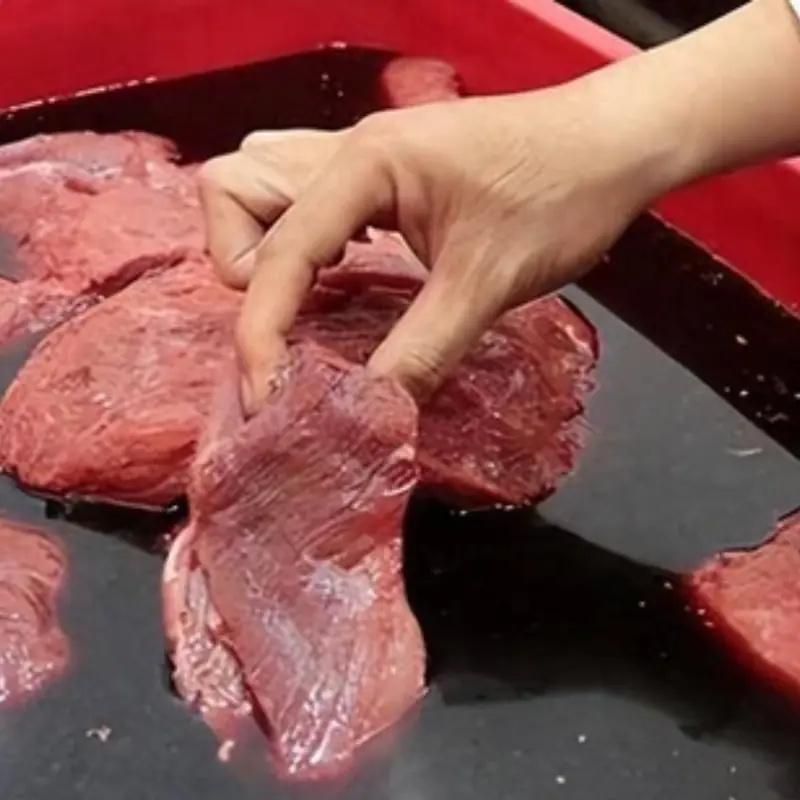
Real vs. Fake Beef May Look the Same, BUT There Are Still 5 Key Differences

Chilling Warning About a Common Household Appliance!

Turns Out, the Ultimate Weapon Against Fishy Odors Is Right in Your Kitchen
News Post

This Fruit Is the 'King of Digestion'

This Vegetable Is Known in China as a ‘Liver-Boosting Remedy’

These 3 Cooking Oils Could Trigger Cancer Cell Growth and Damage Your Organs
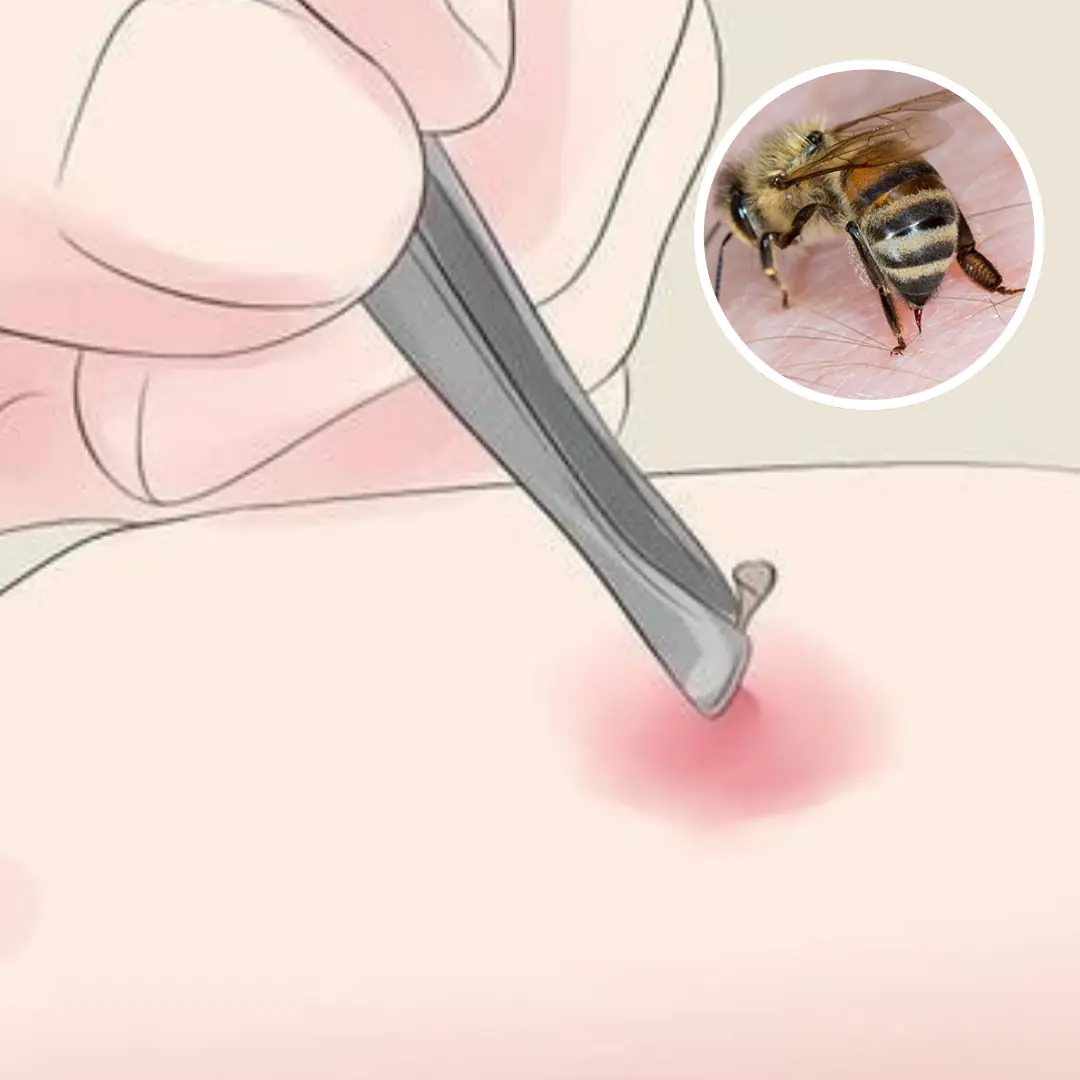
Is bee sting da.ng.erous and what is first aid?

Warning: 4 Types of Food You Should Never Reheat

Recognize signs of rabies according to each stage of the disease
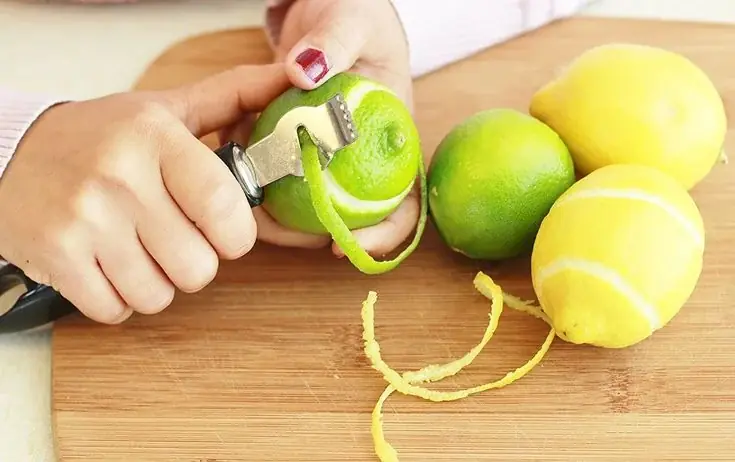
Don’t Throw Away Lemon Peels

There’s a Vegetable Richer in Iron Than Beef
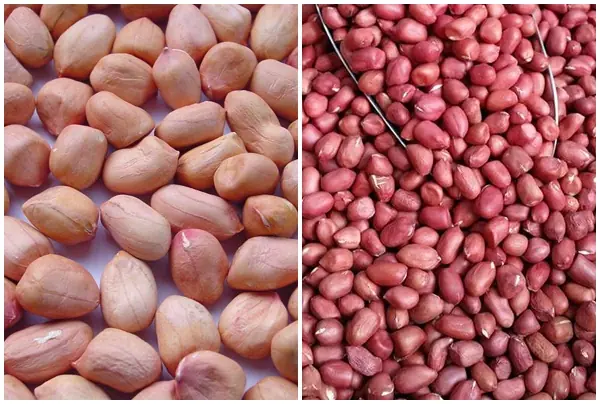
The difference between red peanuts and white peanuts

If You See These 4 Types, Walk Away Immediately No Hesitation

Those with gout should absolutely avoid these foods

US approves 'guided missile' drug to treat lung c.a.n.cer

5 Nighttime Symptoms Warning of Fatty Liver
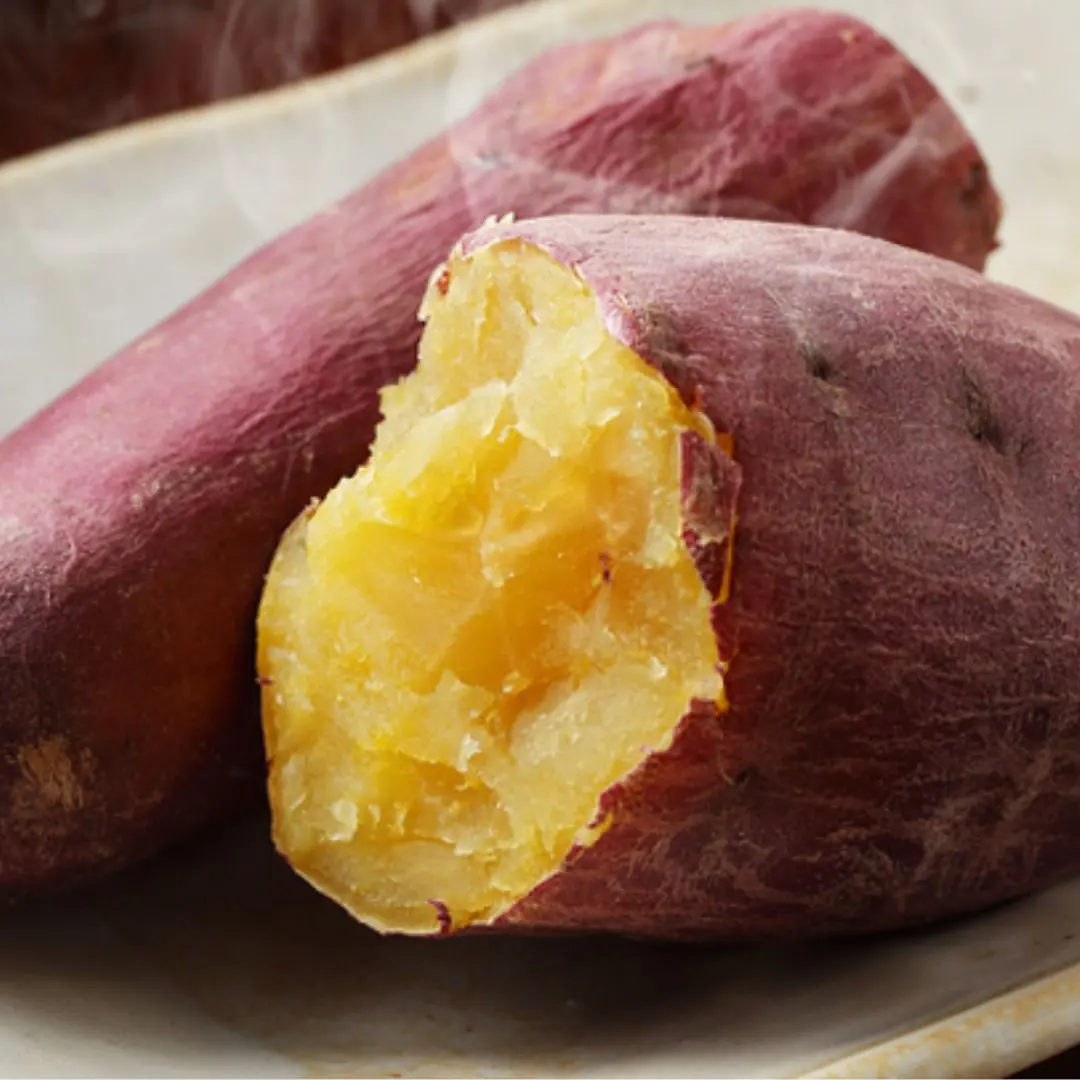
9 'super foods' favored by people over 100 years old

When I discovered the truth, I was left speechless and heartbroken
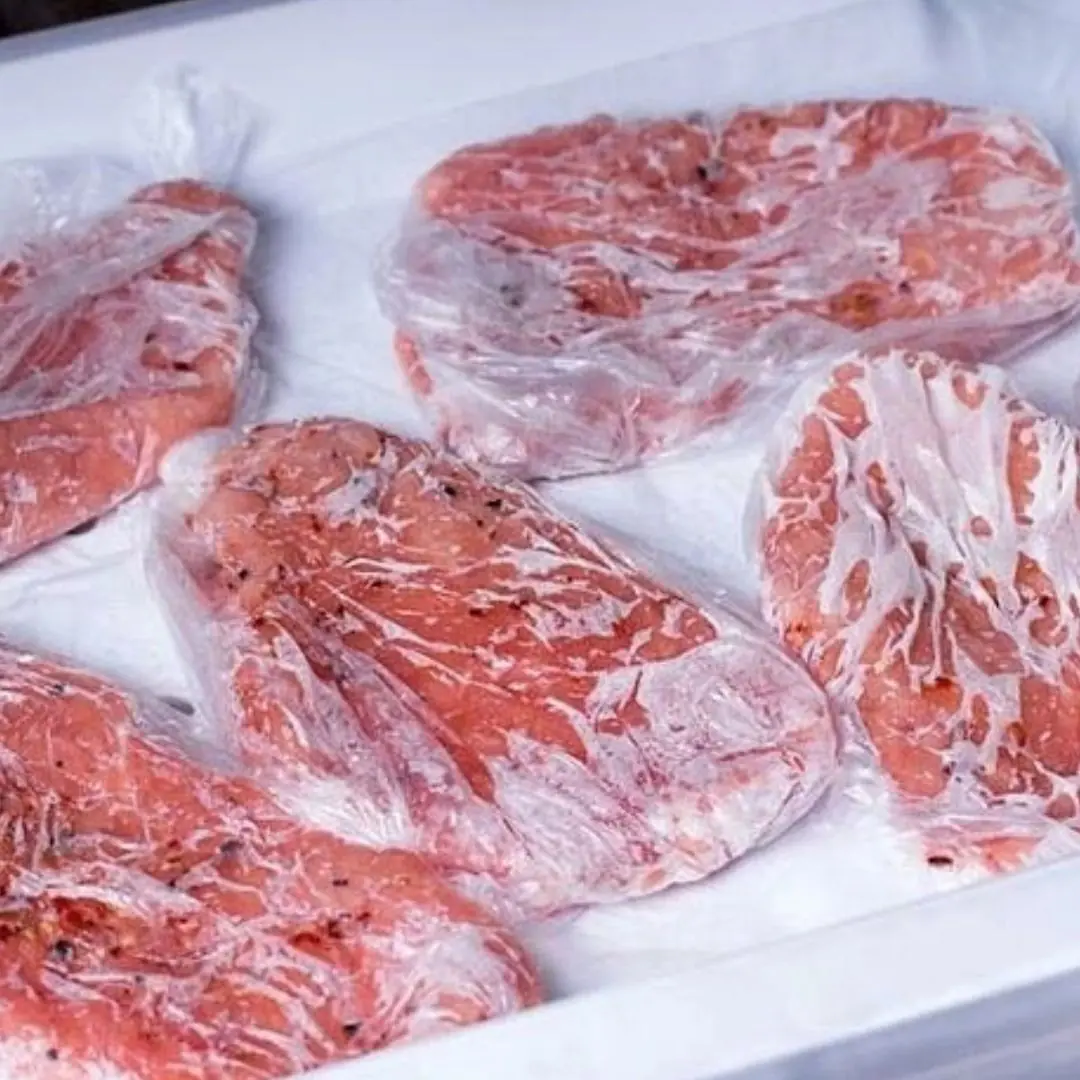
We have a habit of freezing meat and fish to eat gradually, so how long can frozen food be used to ensure safety and quality?
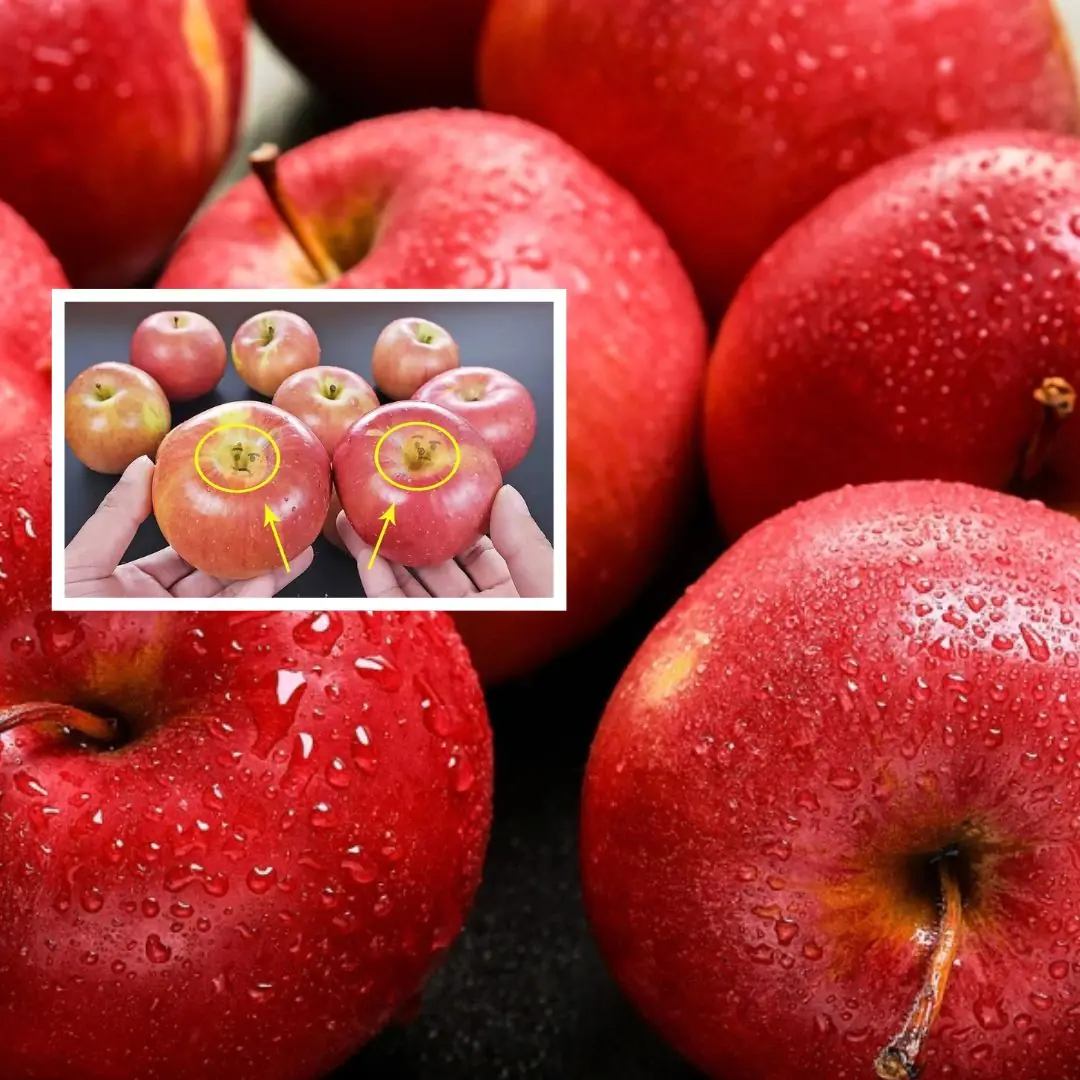
Want crisp, juicy, and delicious apples?

5 Dan.gers of Using Your Phone in the Bathroom
